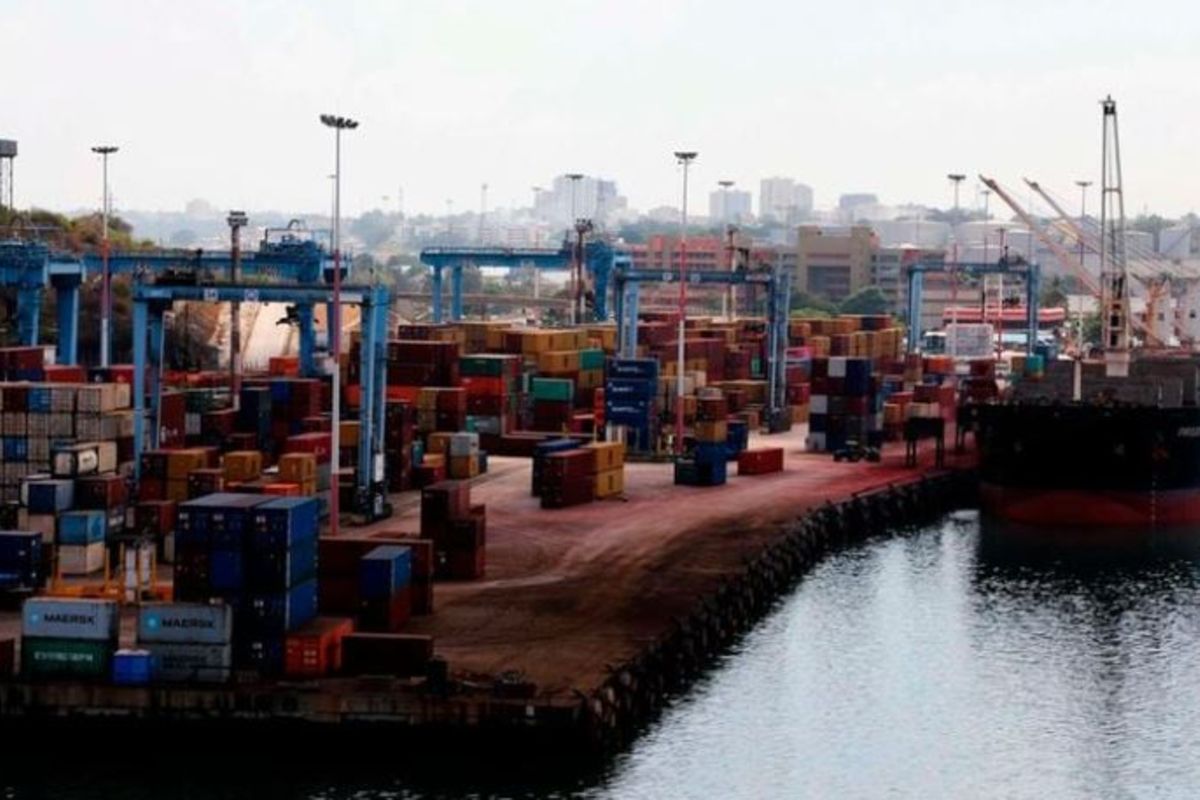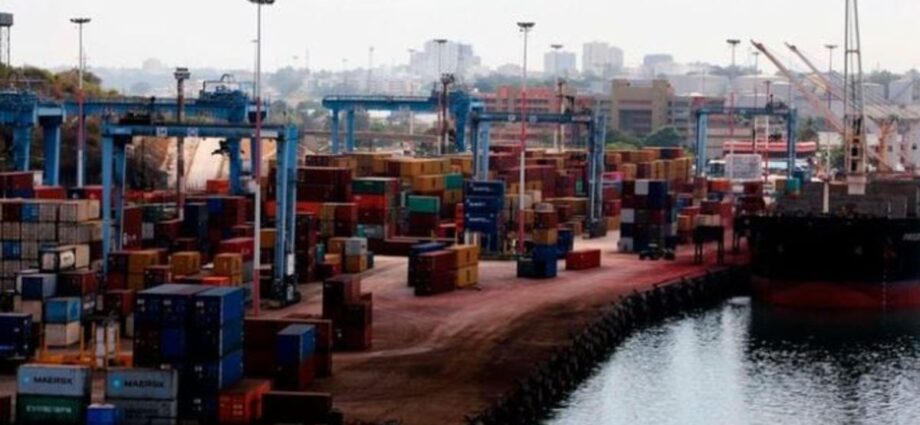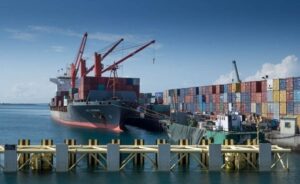
Kenya has shelved its ambitious plan to own a national shipping line due to high operating costs, leaving the private sector to continue benefiting from revenues accrued from the cargo chartering business.
Nairobi’s decision comes barely a year after Zanzibar folded its line and auctioned the vessels.
This week, Kenya’s Cabinet approved the dissolution of the Kenya National Shipping Line (KNSL) among 15 parastatals, meaning the services will be rendered by the private sector.
Cabinet said the 16 corporations earmarked for disbandment have outdated mandates or their services can be supplied by the private sector.
Plans to revive the KNSL have been encountering challenges, with concerns that the company cannot compete, amid opposition to its proposed operation of the second container terminal (CT2) at the Port of Mombasa.
In 2018, the government unveiled plans to revive KNSL, with hopes that it would have the ability to contribute $3 billion annually to the economy and create 6,000 jobs. But the plan ran cold over concerns that history would repeat itself by pegging the revival on slot chartering.
To give the company a leg-up, the government signed a memorandum with the Mediterranean Shipping Company (MSC) in 2018 aimed at building a partnership in which KNSL allocates slots for cargo, thus exposing it to the global shipping environment.
The government also amended the Merchant Shipping Act 2019 to facilitate KNSL and MSC to jointly run Port of Mombasa’s CT2. MSC controls a 20 percent shareholding in KNSL.
The latest move puts in doubt plans to revive East African national shipping lines over concerns that the companies do not have the capacity to operate.
Kenya and Zanzibar have recently proved it is difficult for national shipping lines to compete without own vessels and containers, with chartering slots making it difficult for them to break even.
In Kenya, the state continues to lose more than $3 billion annually to foreign ships which handle cargo at Mombasa and Lamu ports, as per the records by Kenya Maritime Authority.
Some industry observers say that with more cargo expected due to increasing demand of imported goods, a shipping line would help cut the costs paid to foreign shipping lines.
But shippers have lauded the government’s move, saying the private sector will improve efficiency and cut cost of operation.
“If services are left to private firm, it would lead to reduction of the number of government agencies shippers need to get permits from, address issues of overlapping roles and mandates, and reduce total costs for permits and levies. Service delivery should, however, not be compromised,” said Agayo Ogambi, CEO of Shippers Council for Eastern Africa (SCEA).
Incoming Kenya Ships Agent Association (KSAA) chairman Elijah Mbaru said cost of operation of ships in the East African region was high, considering Mombasa and Dar es Salaam ports do not have bunkering services.
“Ships plying the Indian Ocean mostly travel to Seychelles for bunkering services, hence increasing costs. Such services ought to have been introduced,” Mr Mbaru said.
Bunkering is refuelling of cargo vessels, an activity exercise performed daily at ports to help ships to call at different ports within the main maritime trade routes.
Last June, Kenya Ports Authority (KPA) announced plans to start such services but have not been fully effected to date.
KNSL was supposed to own Container Terminal 2 (CT2) at Mombasa Port, with an annual capacity by 550,000 twenty-feet equivalent unit (teus), and second phase of the terminal would bring an additional capacity of 450,000 teus, bringing the total capacity to a million teus.
KNSL was established in 1987 as the national carrier for seaborne trade, but years of mismanagement and accumulation of massive debts led to its collapse.
In Tanzania, increasing operating costs led to Zanzibar Shipping Corporation, the only one in the East African region, to auction three of its vessels. ZSC then in May last year floated a tender to dispose of three vessels, Mv Maendeleo, MT Ukombozi and MV Mapinduzi 1.














